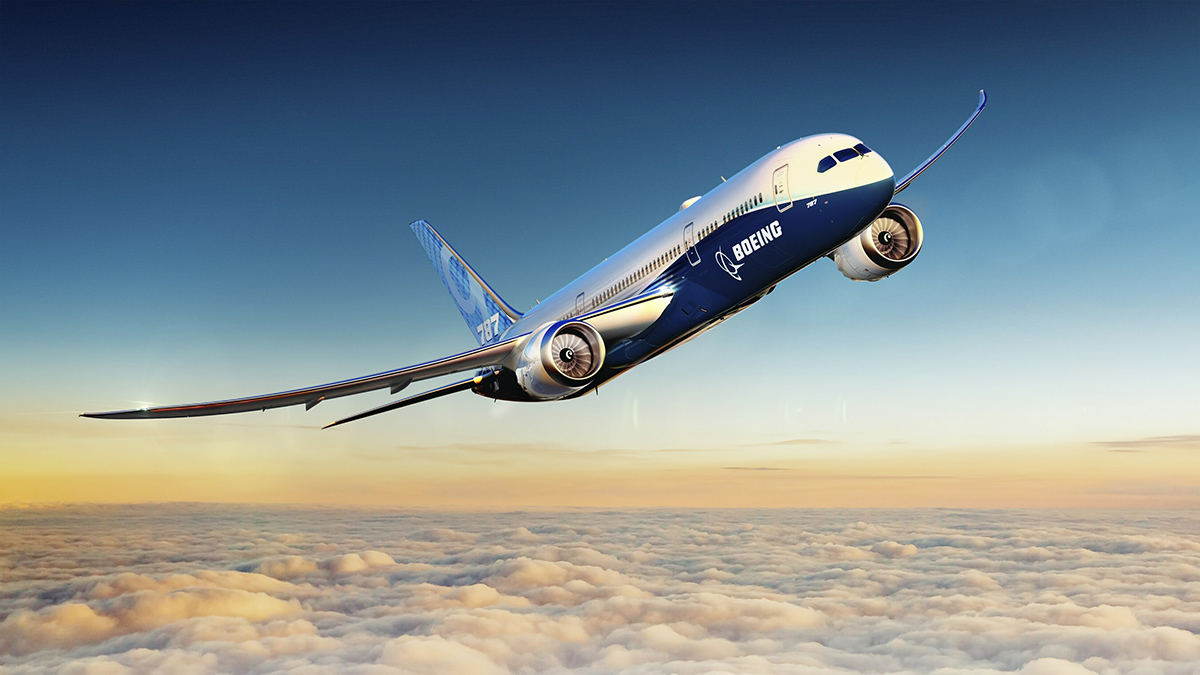A new report by the Roundtable on Sustainable Biomaterials (RSB), supported by Boeing, estimates that Southeast Asia’s feedstocks can supply approximately 12% of global sustainable aviation fuel (SAF) demand to meet the commercial aviation industry’s net-zero goal by 2050.
The report assesses the bio-based feedstock capacity of 11 countries in Southeast Asia, finding that the region can produce around 45.7 million metric tons of SAF per year by 2050. The study also highlights that approximately 75% of potential SAF feedstock can be sourced from post-consumer and agricultural waste, including cassava, sugarcane, and municipal solid waste.
The report notes that Southeast Asia’s diverse feedstock availability and immense potential for SAF production present opportunities for the region to contribute to global demand while promoting sustainability and economic growth.
The use of unblended, or “neat” SAF, which is free of fossil fuels, has the potential to reduce aviation’s carbon emissions by up to 84% over the next 30 years. Currently, SAF accounts for only 0.2% of global commercial fuel use.
The RSB’s report considers not only the potential volumes of feedstock available in Southeast Asia but also their environmental and social sustainability in terms of impacts on deforestation, water, and food security. The findings can inform future SAF feedstock supply and guide the exploration of other agricultural and industrial waste materials.
This study underscores the importance of considering the environmental and social sustainability of SAF feedstock in order to achieve a more sustainable future for aviation.






